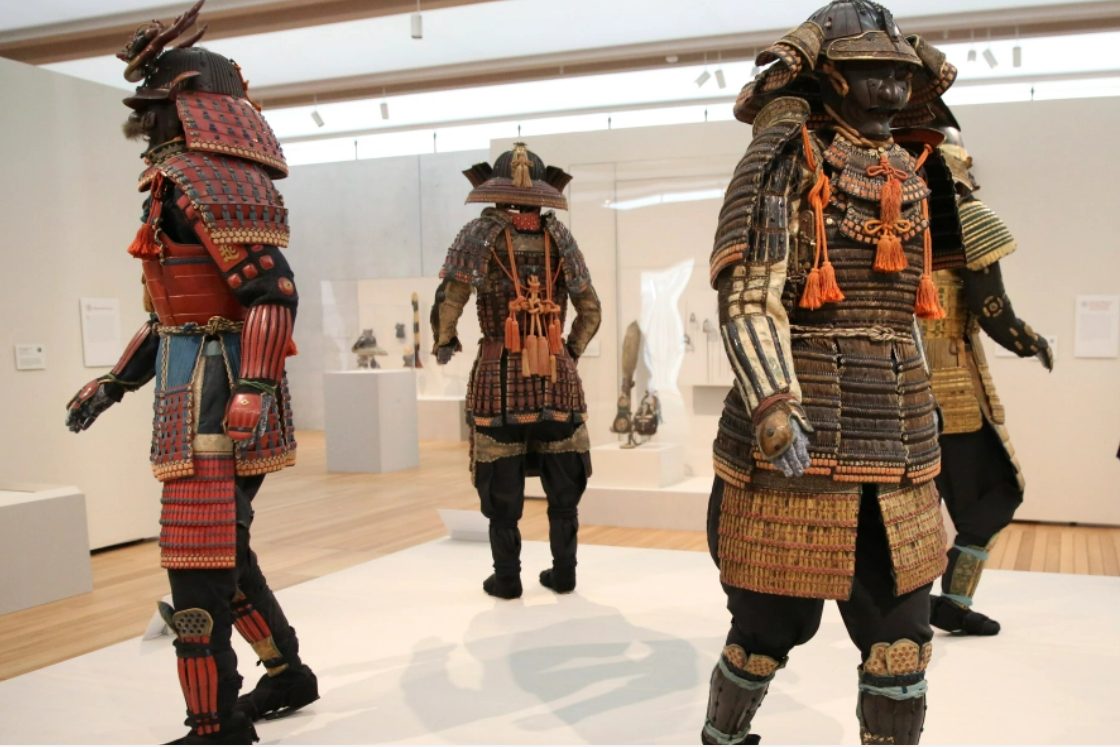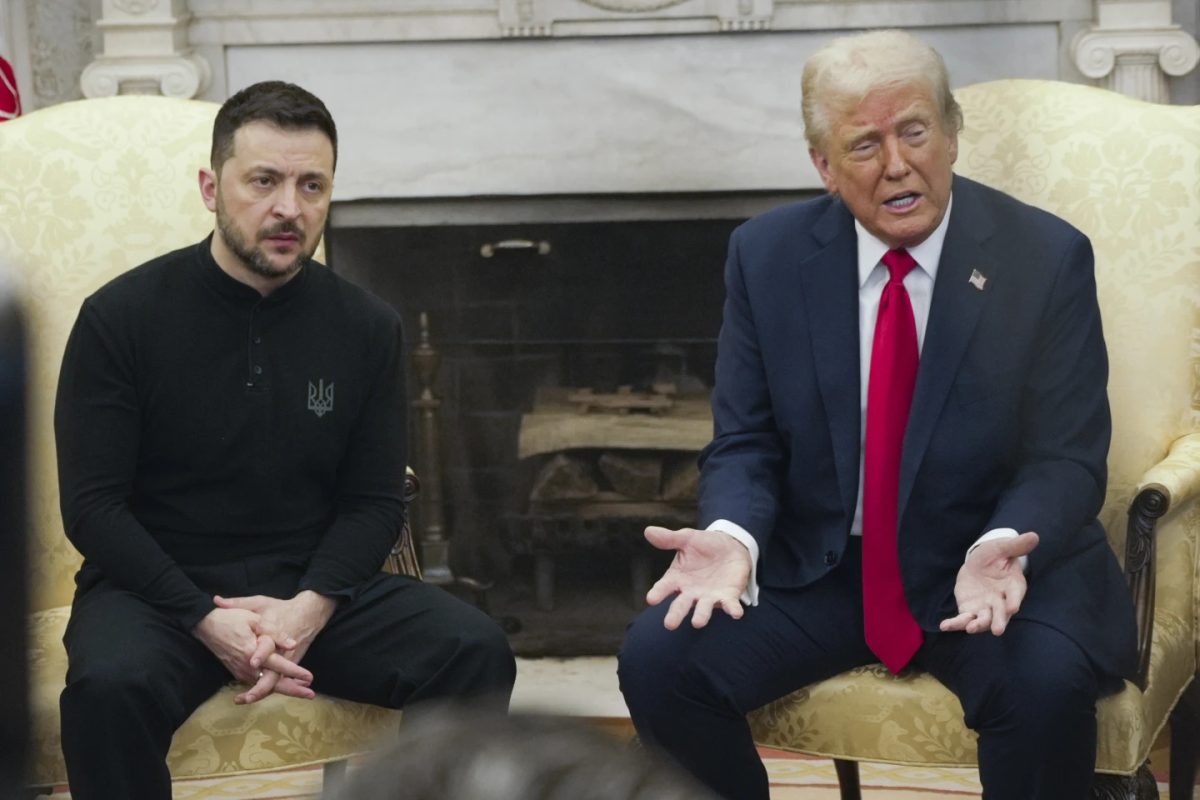My grandfather was a great man. He was self-made, honorable, disciplined and principled. According to family lore, he was the last surviving witness to the assassination of Huey Long; he was an infantry officer in World War II, fighting in the Battle of the Bulge, where he was wounded twice in action; he was a lawyer and judge, serving stints on the Louisiana State Supreme Court and the Louisiana Court of Appeals; he was the father to six children, and the grandfather and great-grandfather to dozens.
He died in 2010. I remember him, but I didn’t appreciate him as I should have. How could I, at just 11-years-old?
Now though some 13 years later, I find myself missing him, wanting to pick his brain on the craziness of the present, politics, life advice or hearing old stories from his childhood in Natchitoches. I know he would teach me a thing or two, even if I didn’t agree with everything he said; he possessed ancient wisdom intrinsic and exclusive to the generations older than the kind possessed by the present.
The point is that there’s inherent value to be found in the wisdom and experience of the elderly, not just because they’re human beings who are of priceless worth, but because they’re the keepers of knowledge inaccessible to young people, who need their forebearers to tell them when and how they’re being foolhardy or selfish, rash or naïve.
Not everyone seems to know this fact, however. Recently, Yusuke Narita, an assistant professor of economics at Yale, made the argument that to solve the problem of Japan’s old-age crisis, the elderly should commit a “mass suicide” in the fashion of seppuku, a ritual disembowelment practiced by dishonored Samurai in the 19th century, according to the New York Times.
Japan has the oldest population in the world, with about a quarter of its people being over the age of 65, according to the World Bank. The Japanese tend to live longer than those in many other countries, and the geriatric nature of their population demographics has strained their social security system and has kept high-level corporate and governmental positions clogged by octogenarians, according to the New York Times.
Retirees are forced to un-retire, often working well into their seventies and beyond, just to supplement their lacking government-provided aid, and there’s a felt presence of professional gatekeeping on the basis of sex and age.
Narita’s solutions to these problems are jarring, to say the least. Once, he suggested the possibility of mandatory euthanasia, describing to a young student a scenario like the one depicted in the 2019 horror film “Midsommar,” in which a cult chucks its elderly members off a cliff like they’re Lemmings, all for the alleged good of the whole.
Though Narita claims that his views have been taken out of context, their violent nature is disturbing, especially considering the fact that, in Japanese circles, his ideas are downright mainstream. Not only does he teach at one of the most prestigious universities in the world, but Narita has also gained a large social media following and appears with increasing frequency on Japanese television shows and podcasts.
One explanation for Narita’s popularity is the unique problems that Japan faces, a low birth rate and enormous public debt.
But another is an increasing devaluing of life itself, one that has shown its ugly head more and more in recent days. In the United States, this has largely come in the form of pro-abortion and anti-abortion camps alike, one in which abortion advocates seek the end of millions of babies’ lives, while anti-abortion activists largely abandon babies and their mothers once a child leaves the womb.
In Canada, they’ve gone so far as to legalize a form of medically assisted suicide for some with severe debilitating diseases, according to the Canadian Broadcast Corportation.
If Narita is to be taken at his word, and if his prescriptions for resolving Japan’s age crisis were to be enacted, the elderly would be treated as little more than chattel, a problem to be solved rather than the human beings that they are, complete with their own unique personalities, memories, skills, talents and stories to give to their children, grandchildren and great grandchildren.
It’s difficult to see a scenario in which Narita’s advice is taken literally, especially one that involves a grotesque image of ritual disembowelment. But the very fact that Narita is popular, especially among young people, is alarming.
It suggests implicitly two things. First, it indicates a diminishing in the treatment of life itself to the point in which it can be suggested – with few ramifications – the extermination of an entire subset of a population for the sake of convenience.
Second, it points to denigration in the understanding of the value that every person brings to society, even if their economic or social utility is allegedly lower than younger, more voracious citizens.
If my own grandfather had been treated in the way that Narita suggests for Japan (even the thought is upsetting), how much rich knowledge, memories, wisdom or laughter would have been lost?
It’s difficult to say exactly. But I suspect that that figure of expense is of immeasurable value. And if we lost that value before it could be passed on, the cost would be irretrievable, as gone as yesterday.
Benjamin Haines is a 24-year-old graduate student from Shreveport.
Opinion: Across the world, life is losing its value
February 21, 2023
Full suits of samurai armor in an exhibit at the Kimbell Art Museum in Fort Worth, Texas.
More to Discover






